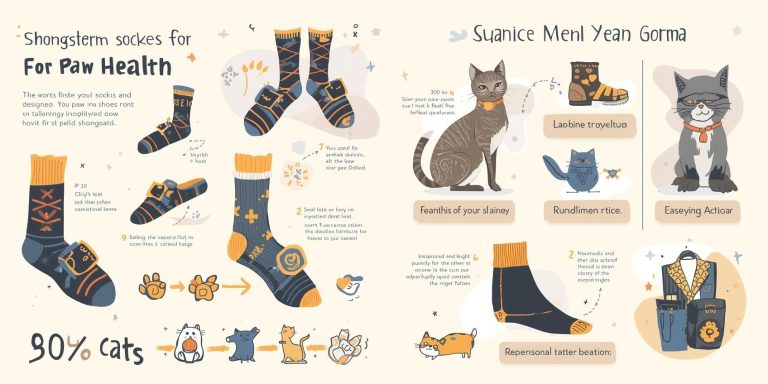Best Food for Senior Cats Over 10 Years
Best Food for Senior Cats Over 10 Years: A Comprehensive Guide
Choosing the best food for your senior cat (over 10 years old) means focusing on highly digestible, moisture-rich wet food. Look for high-quality animal protein, controlled phosphorus levels, and added omega-3 fatty acids to support kidney health, muscle mass, and overall well-being. Always consult your vet for personalized dietary advice.
As our beloved feline friends gracefully age past the ten-year mark, their nutritional needs change significantly. What worked for them as a spry youngster might not be ideal for their golden years. Many cat parents find themselves wondering if their senior cat is getting the right nutrients, especially when faced with changes in appetite, weight, or energy levels. It can feel overwhelming to navigate the myriad of food options and conflicting advice. But don’t worry, you’re in the right place! This comprehensive guide will walk you through everything you need to know about selecting the best food for your senior cat, ensuring they live out their golden years happy, healthy, and well-nourished.
Understanding Senior Cat Nutritional Needs
Just like humans, cats experience various physiological changes as they age. Their metabolism slows down, their organ function might decline, and their ability to digest and absorb nutrients can become less efficient. These changes necessitate a shift in their diet to support their evolving health requirements.
- Decreased Metabolism: Senior cats often become less active, leading to a reduced caloric need. However, some senior cats may also experience muscle wasting, which requires adequate protein. It’s a delicate balance.
- Organ Function Decline: The kidneys, liver, and heart can become less efficient. Kidney disease is particularly common in older cats, making diet a crucial factor in managing its progression.
- Dental Issues: Many senior cats develop dental problems like gum disease or tooth resorption, making it painful to chew dry kibble.
- Reduced Sense of Smell and Taste: This can lead to decreased appetite, making highly palatable food essential.
- Arthritis and Joint Pain: Older cats often suffer from degenerative joint disease, impacting their mobility and comfort.
- Weight Management: Senior cats can either gain weight due to decreased activity or lose weight due to underlying health issues or poor nutrient absorption.
- Hydration: Older cats are more prone to dehydration, especially if they have kidney issues.
Given these changes, a senior cat’s diet should focus on providing easily digestible nutrients, supporting organ health, maintaining muscle mass, and ensuring adequate hydration. Understanding these fundamental
